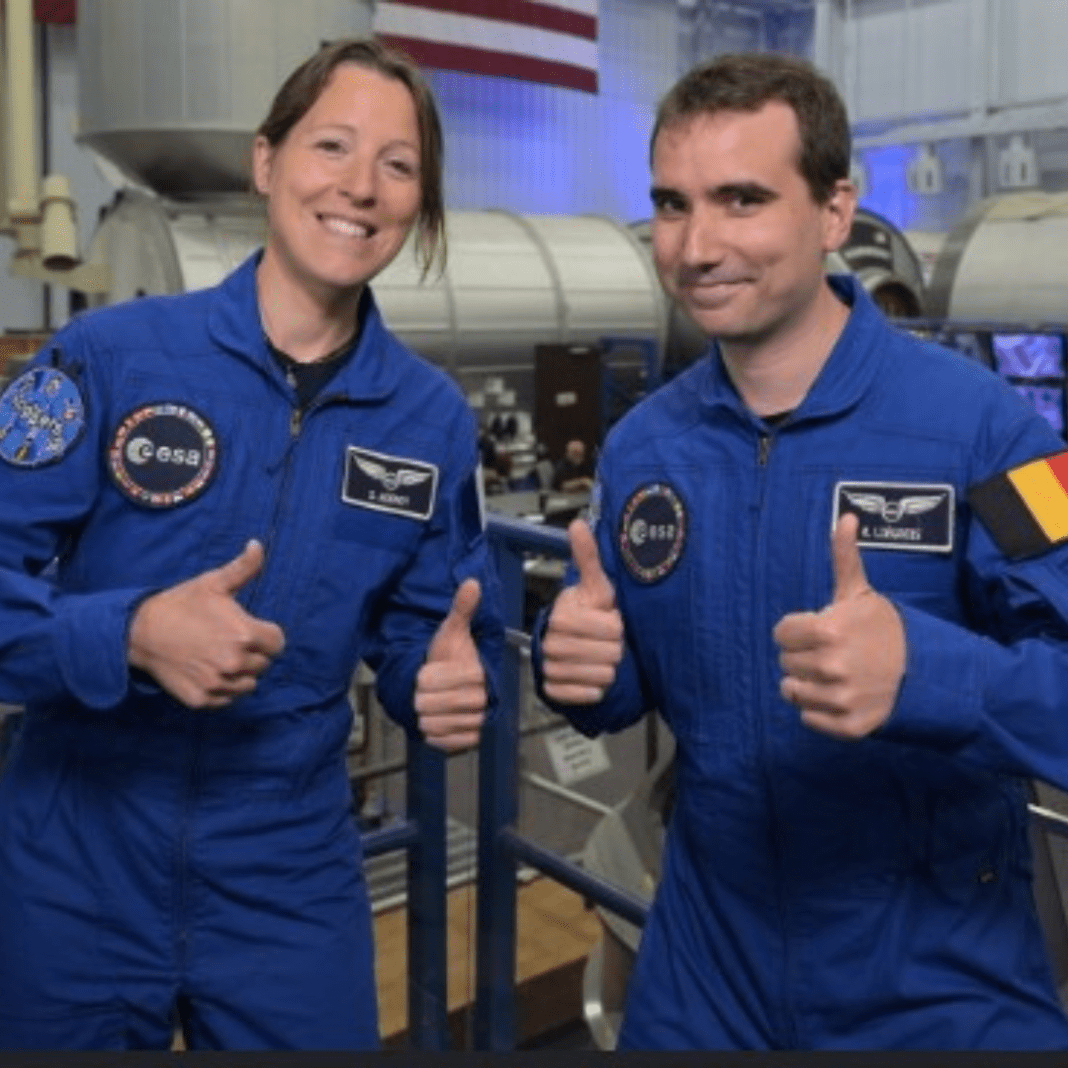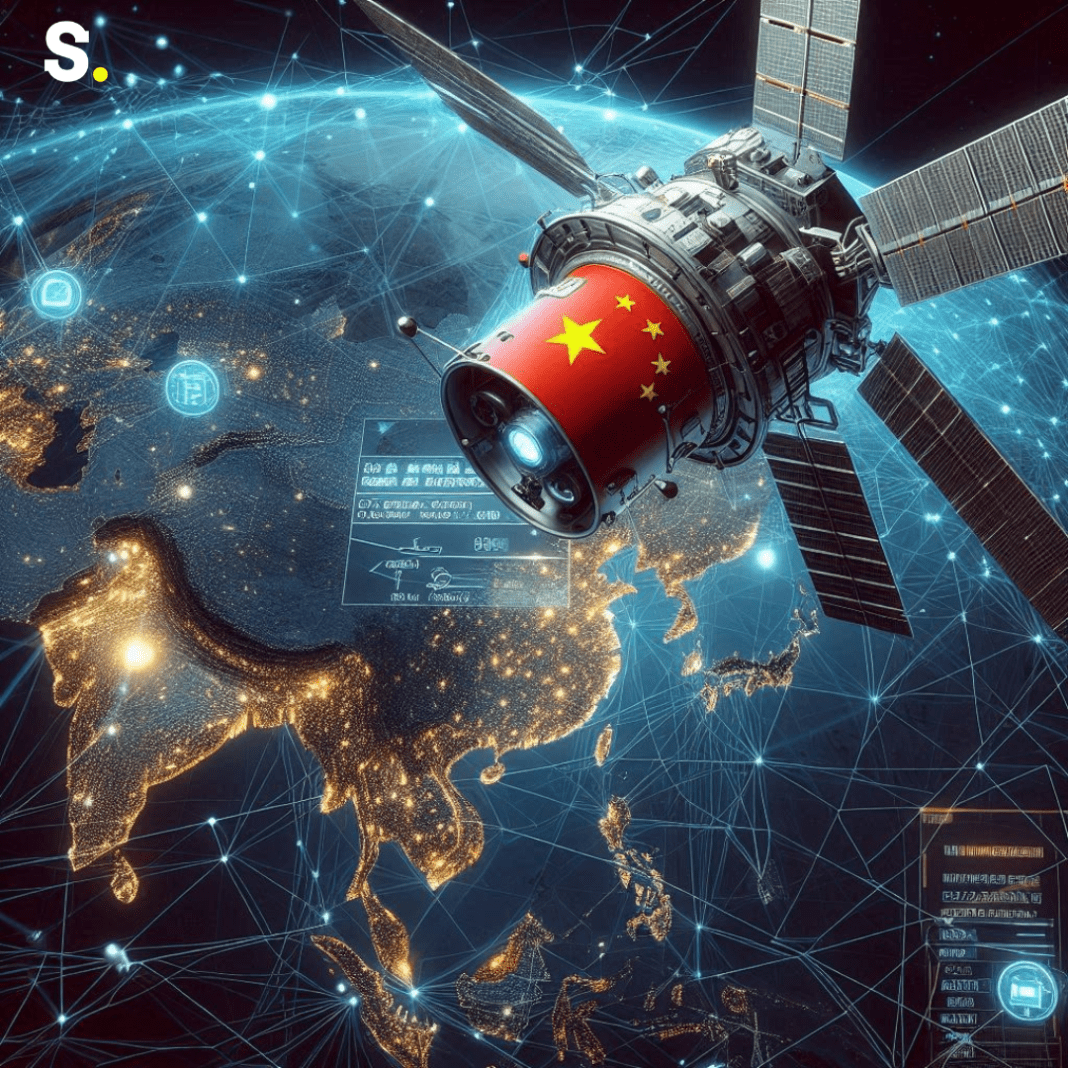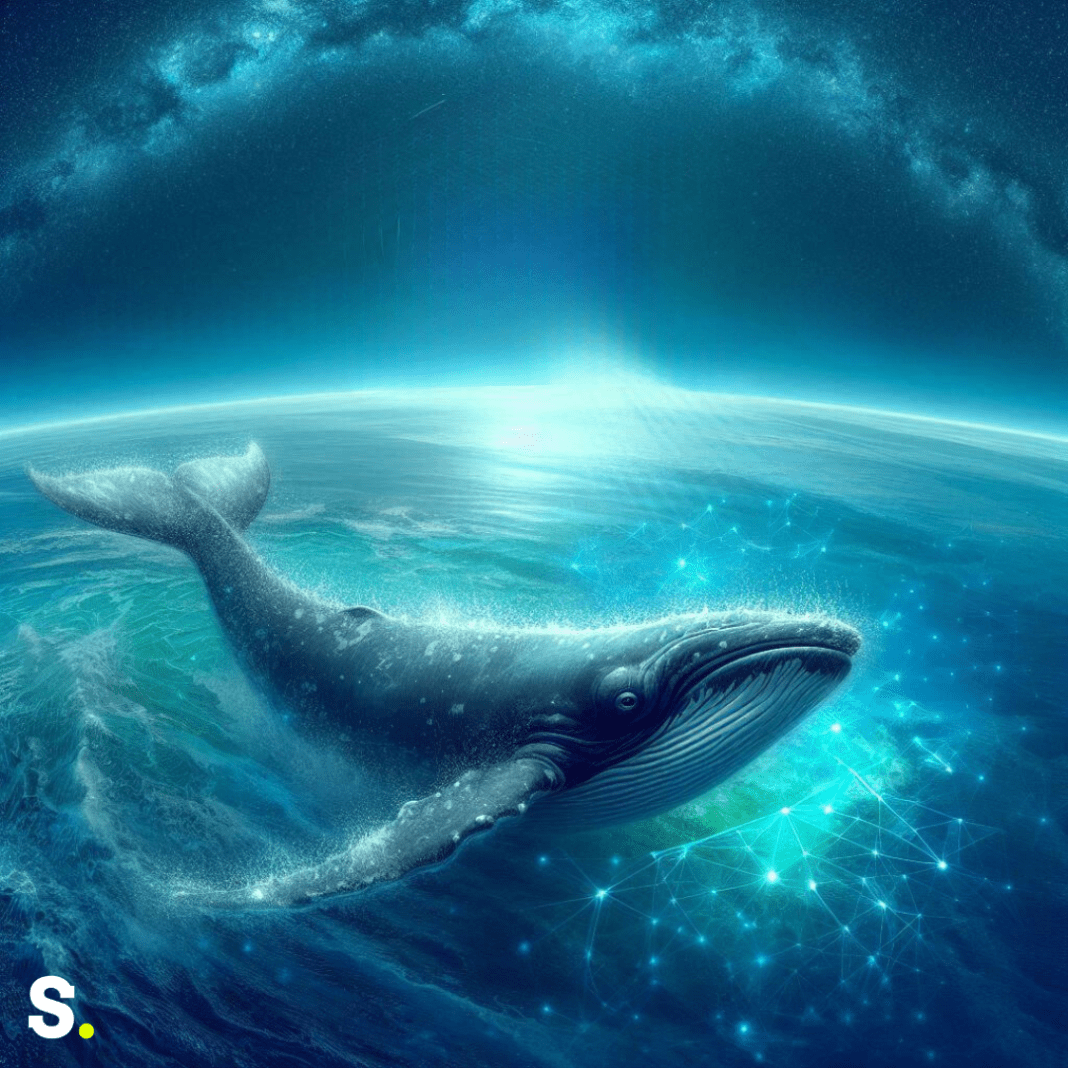Exciting News for Space Enthusiasts
The European Space Agency (ESA) has announced a big milestone. Two new astronauts, Raphaël Liégeois and Sophie Adenot, are scheduled to embark on their debut flights to the International Space Station (ISS). This exciting news was shared by ESA Director General Josef Aschbacher during the Space Council meeting in Brussels on May 22 and 23, 2024.
Both Sophie and Raphaël were selected as astronauts in 2022 and have completed a year of intensive training. They graduated on April 22 at the European Astronaut Centre in Germany. Now, they are ready to take their first giant leap into space. Sophie will be the first to go, followed by Raphaël.
A Dream Come True for Sophie Adenot and Raphaël Liégeois
This is the realization of Sophie Adenot’s ambition. She was born in France in 1982. In addition to being an engineer, she also serves as a colonel in the French Air and Space Force as a test pilot for helicopters. Sophie is ecstatic to be going into space to represent Europe and France.I feel incredibly fortunate to have been selected for this task! said she. I’m incredibly excited to start a new phase of my adventure that will enable me to support exploration and scientific study aboard the International Space Station.
Raphaël Liégeois, born in Belgium in 1988, shares Sophie’s excitement. With a background in biomedical engineering and neuroscience, Raphaël is eager to take on the challenges of spaceflight. He remarked, “I have the opportunity to be assigned a mission to the International Space Station (ISS). Just one month ago, we were all here to celebrate the completion of our basic training.” I am really eager to take on this new and impending challenge.
Training for Space Missions
Before they head to space, Sophie and Raphaël will go through more training. This training will take them to different partner sites around the world. They will learn more about the specific tasks and experiments they will perform on the ISS. Their missions will involve conducting scientific experiments, many from Europe, doing medical research, helping with Earth observation, and maintaining the Space Station.
Daniel Neuenschwander, ESA’s Director of Human and Robotic Exploration, noted the significance of their assignments. “We see Sophie and Raphaël’s long-held goals and desires come true as a result of their assignment to ISS excursions,” he said. “Today, these two remarkable individuals will represent ESA as trusted partners aboard the Space Station.”
European Space Agency’s New Astronaut Class
Sophie and Raphaël are part of ESA’s newest group of astronauts. Marco Sieber, Rosemary Coogan, and Pablo Álvarez Fernández are other members of this group. These astronauts, selected in 2022, have completed their basic training and are now eligible for space missions. ESA plans to send all five of them to the ISS by 2030.
The training these astronauts undergo is tough. It covers knowledge of robotics, spacewalks, spaceship systems, and survival techniques. They also train in different environments that simulate space conditions. This training prepares them to handle the challenges they will face in space.
Why This Matters
The assignment of Sophie and Raphaël to the ISS is important for several reasons. It shows ESA’s commitment to maintaining a strong presence in space exploration. It also emphasizes how crucial international collaboration is to space missions. By sending these new astronauts to the ISS, ESA is helping to ensure Europe’s participation in current and future space projects.
These missions are not just about exploring space. They are also about conducting important research that can benefit people on Earth. The experiments conducted on the ISS can lead to new discoveries in science and medicine. They can also help us learn more about our planet and how to take care of it.
These expeditions mark the beginning of an unbelievable journey for Sophie and Raphaël. They will have the chance to live and work in space, conduct groundbreaking research, and represent their countries and ESA. Their assignments mark a significant milestone in their careers and in the history of European space exploration.
We may celebrate this remarkable accomplishment and the promising future of space exploration as we anticipate their missions.




